The nurses station at a Pittsfield nursing home last year. Nursing home owners are pressing for more state money to solve a staffing crisis that is leaving facilities unable to fill all their beds. New legislation would pay for living wages and new hires and also aims to prevent misuse of funds. But reform advocates say the industry shouldn’t get any more money until they show taxpayers where all the money is going.
As nursing home owners press the state for more taxpayer money to deal with staffing shortages — a crisis known all too well in the Berkshires — critics say they should not get another dime until they open all their books for an audit.
The Massachusetts Senior Care Association last week sounded an alarm that more than 3,000 licensed beds statewide can’t be filled because they can’t be staffed. It also said there are 8,000 vacant jobs.
Staff members need a living wage, the association insists, thus the need for more taxpayer money.
The warning from the industry comes as the Legislature contemplates a bill that includes giving nursing home owners money for raises, for new hiring and for reimbursing workers for job-training programs. It also would add guardrails to keep tabs on how the money is spent and stop the unscrupulous from milking nursing home residents for cash, its proponents say.
A fact sheet for new legislation that would give the industry more money to pay staffers a living wage and hire new staff. It also would add some guardrails to make sure the money is going where it is supposed to, along with other reforms.
If passed, the bill is likely to mean many more millions for the industry, though no one will say exactly how much as it is apparently still to be negotiated. The state has given long-term care companies at least $300 million since 2021, according to a policy paper from the state Legislature’s Joint Committee on Elder Affairs.
But those seeking to make the industry’s finances more transparent say the companies shouldn’t get yet another windfall from taxpayers until they show where all their money goes. That includes, for example, cracking open shell companies, or revealing companies they own and also lease from. Not everything is reported or audited, and states are starting to require such “consolidated cost reports.” There is pending legislation in Massachusetts, as well.
One new report by The National Consumer Voice for Quality Long-Term Care alleges that nursing homes in the U.S. are funneling billions of unaccounted-for money through companies they own, and that regulators aren’t paying attention to.
The “cost reports” the industry submits to regulators don’t give the full picture of a nursing home’s profits, one industry watchdog alleges.
“They look like they’re very poor,” said former state Sen. Richard T. Moore, a health-policy expert who now works on legislative matters for a nonprofit focused on the reform of long-term care. Appearing “poor,” he added “creates a situation where the staff do not get any more money and the residents don’t get safe care.”
The industry isn’t trying to profit, but is only looking for what Medicaid doesn’t cover. Right now reimbursements are $27 short of a facility’s daily cost for each resident every day, said Kate Kahn, a spokesperson for the MSCA.
Kahn said that with 70 percent of facility residents on Medicaid, the lack of a full reimbursement from Medicaid adds up to hundreds of millions of dollars every year, and that employee wages are tied to that.
By supporting the industry, Kahn said, taxpayers are helping their own families when it’s their turn to need a nursing home.
“It’s their parents,” Kahn added. “Demand is going to grow.”
And some admissions, Kahn said, will be denied unless all the licensed beds can be staffed, since the state has specific staffing guidelines.
There are also other problems. Dire staffing shortages have prompted facilities to turn to expensive traveling nurse agencies that provide workers at a higher rate. The practice is bleeding facilities and creating turnover that is worrisome for resident safety, say both those in the industry and watchdogs.
The employee and available bed shortages are caused, in part, by the lack of a living wage, according to lawmakers. It’s no surprise to staffers in the Berkshires who have long reported extreme burnout and dangerously inadequate staffing. Residents report neglect as a result.
The bill tries to resolve all that, and to make sure the money will go to the right place, which is caring for residents, said its co-sponsor state Rep. Thomas M. Stanley, D-Waltham, co-chair of the Joint Committee on Elder Affairs.
Stanley said he has no illusions about how the industry frequently asks for a lot of money, and how there is plenty of sketpicism of the motives of company executives.
“There is a lot wrong with the industry, and the bill tackles a lot of issues,” he said, adding that includes ownership structures that might present a conflict of interest.
Questions about where a company’s money is going, Stanley said, are why “the state hasn’t rushed in immediately to fund every request of the industry.”
Two whistleblowers say too few staffers are responsible for the care of around 50 residents in the locked dementia unit at the Springside nursing home in Pittsfield. They claim that poses a hazard to residents and is an unsustainable work environment. The company says residents and their families are making false claims.

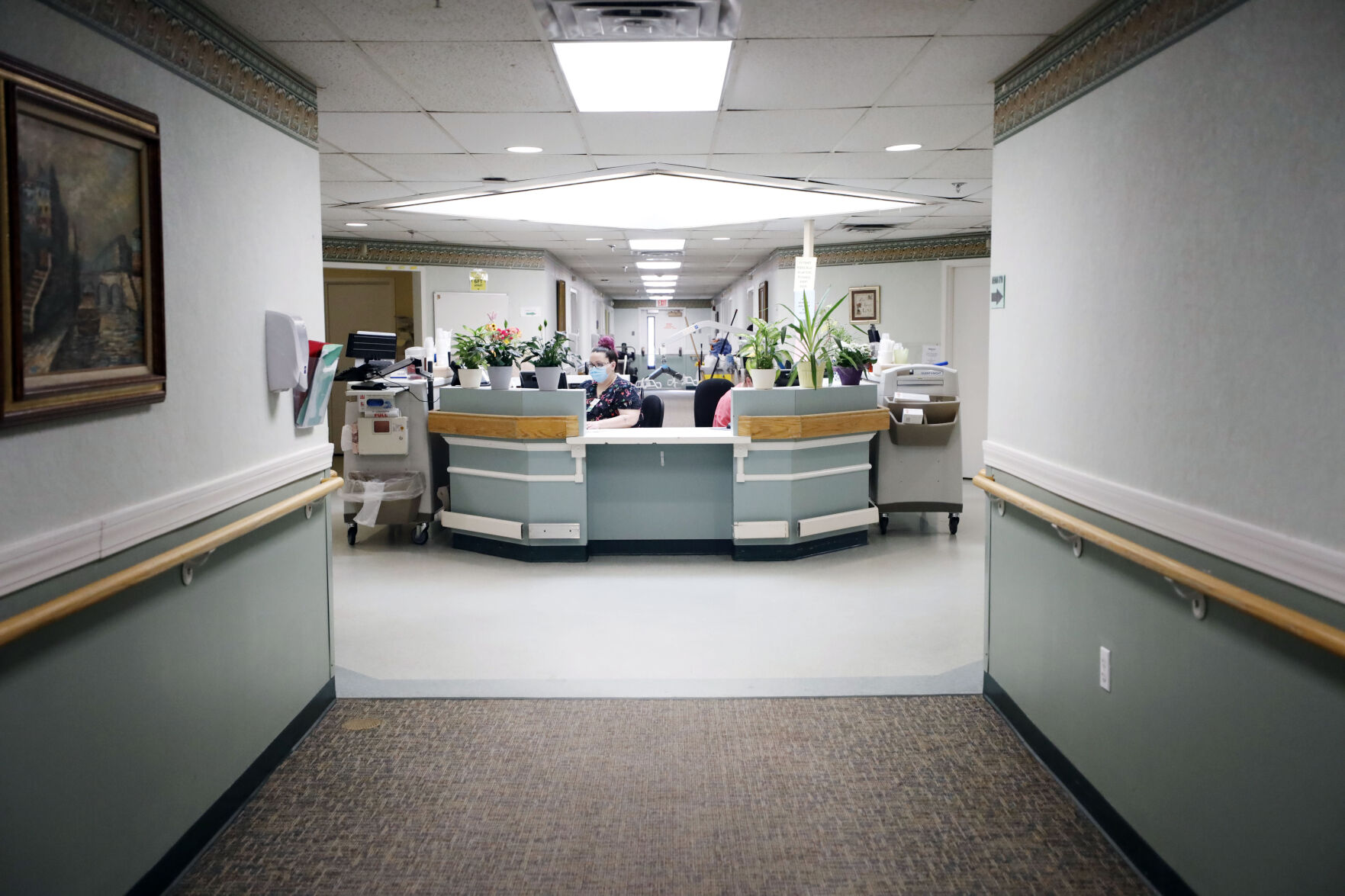
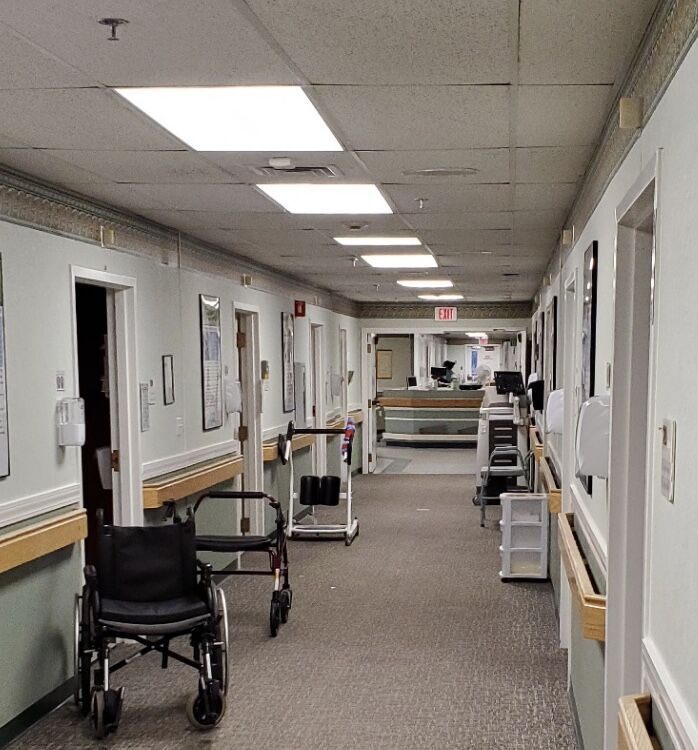
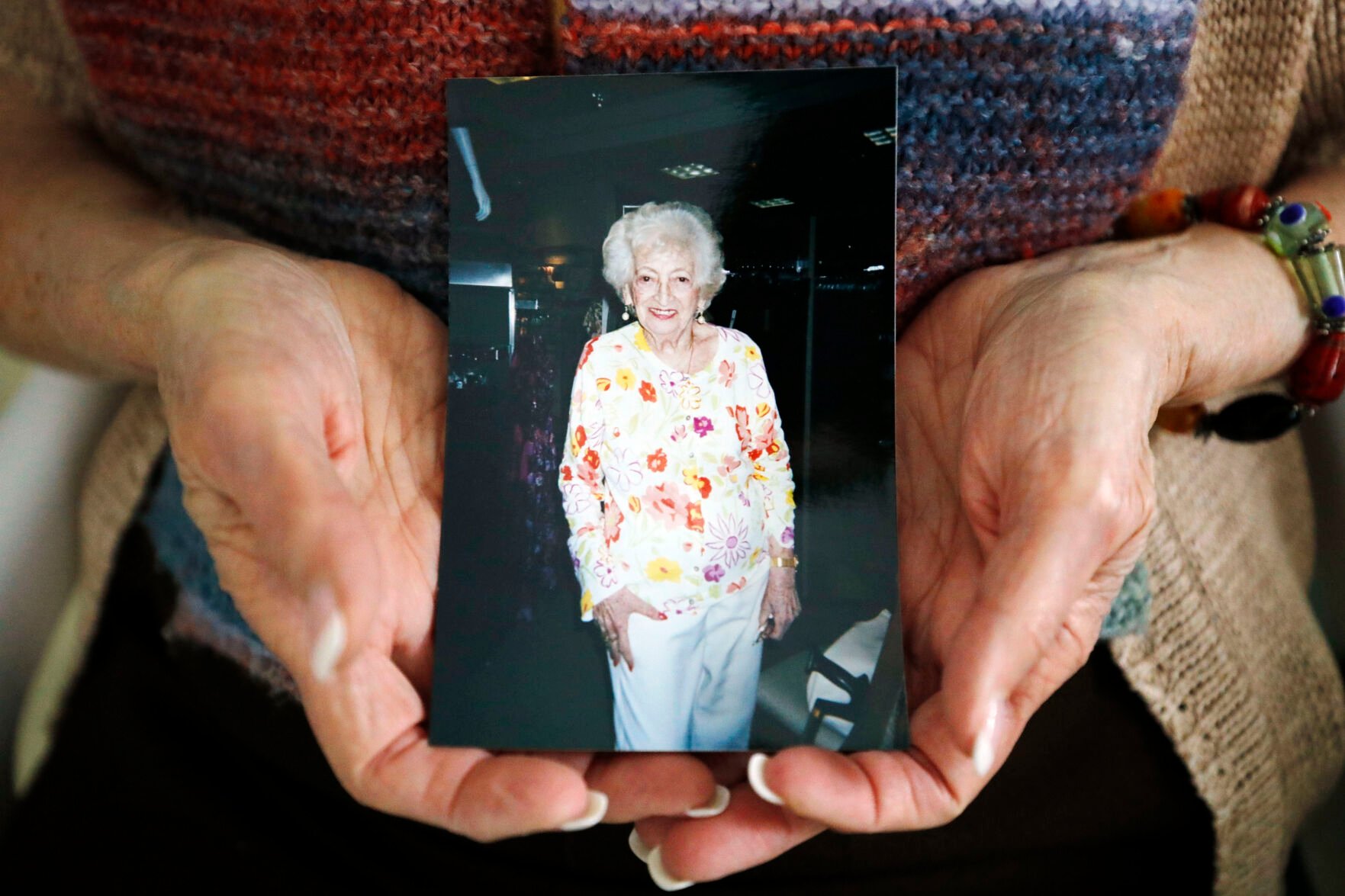
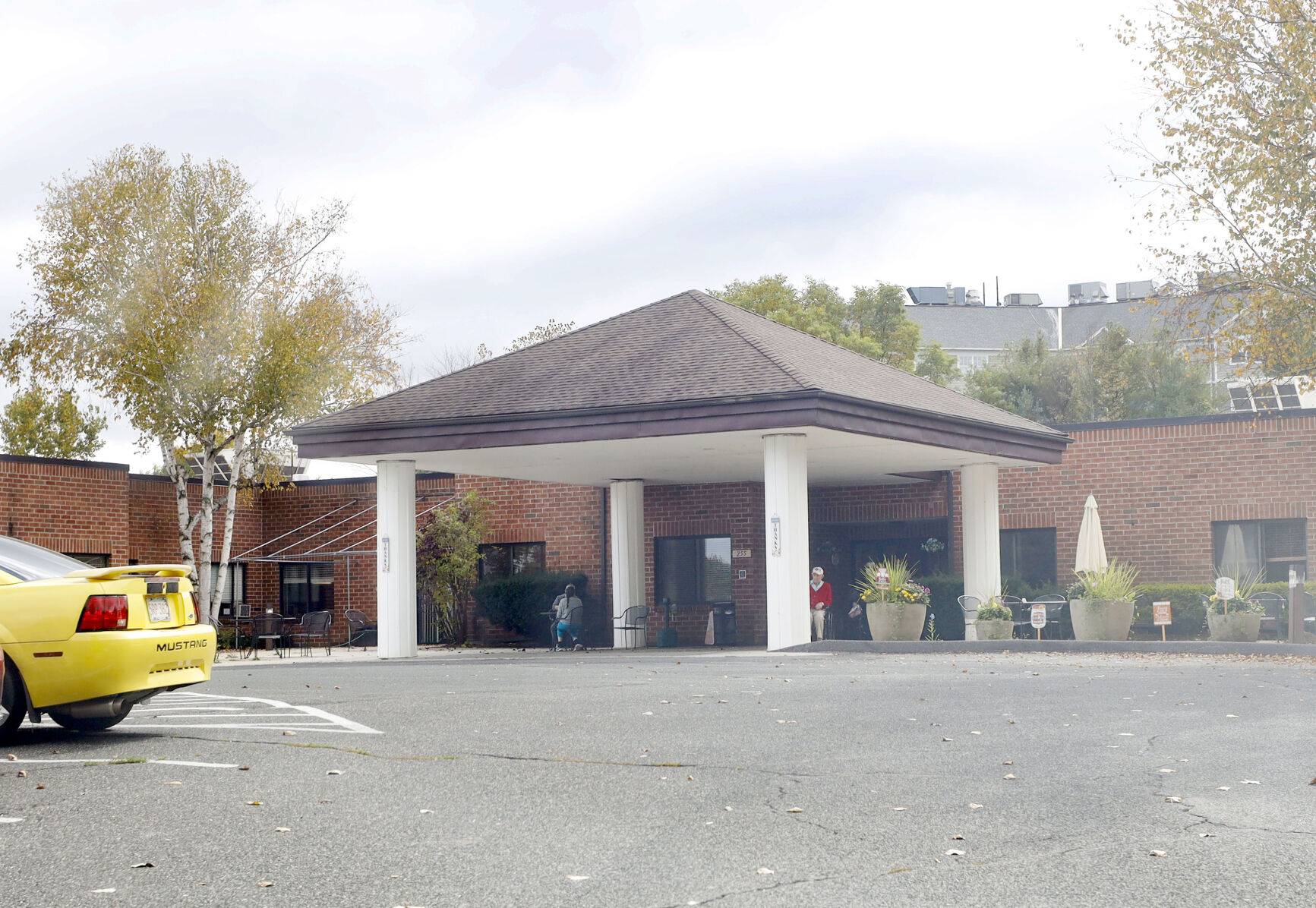
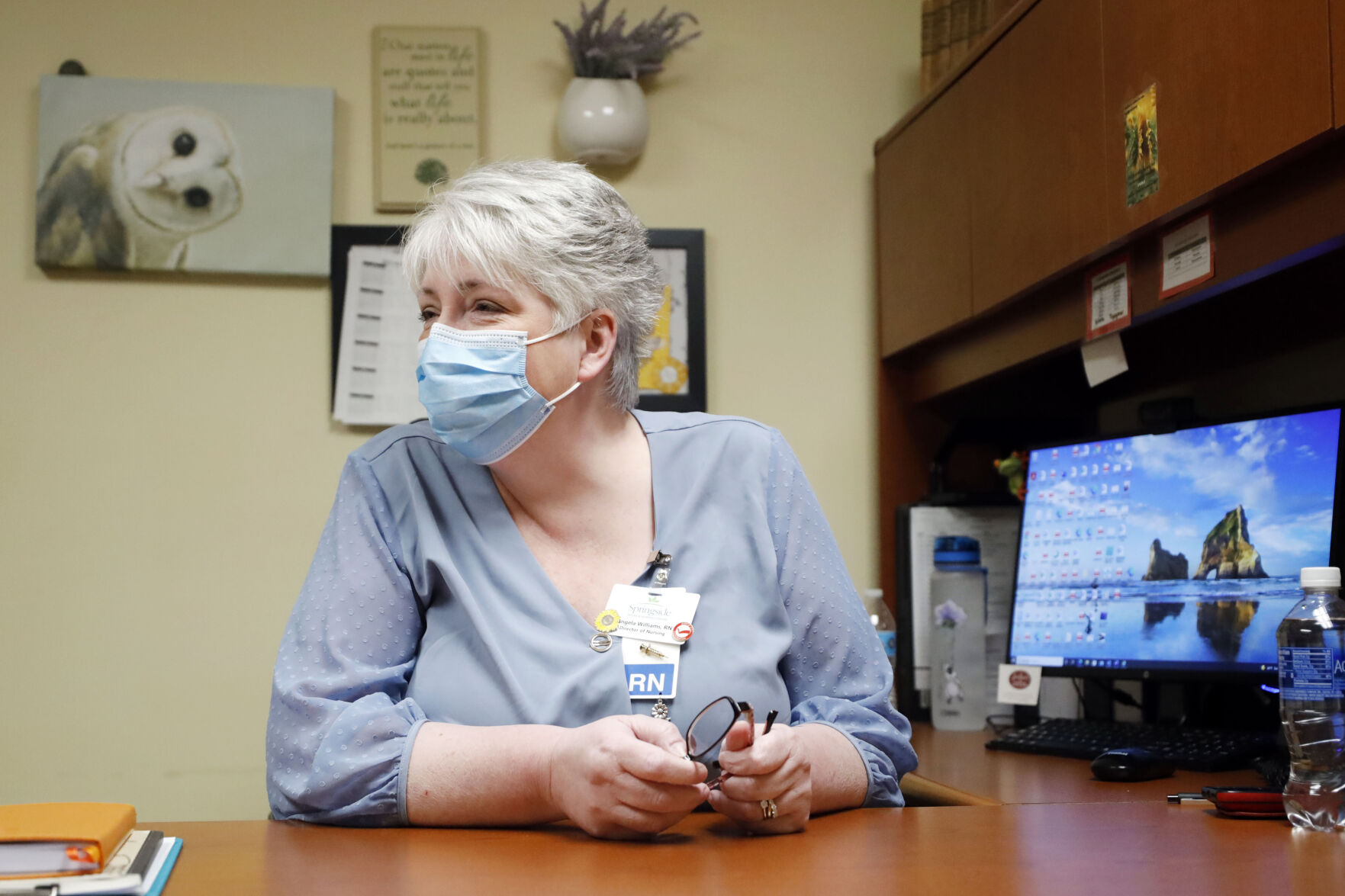




More Stories
State retires its nursing home order — and 2 counties immediately reinstate it
‘Access Crisis Unfolding’: Nursing Home Operators, Advocates Warn of Dire Effects from Biden’s Order on Staffing
Monarch CEO: We’re Breaking Cycle of SNF Wage Competition, Transitioning Villa Portfolio